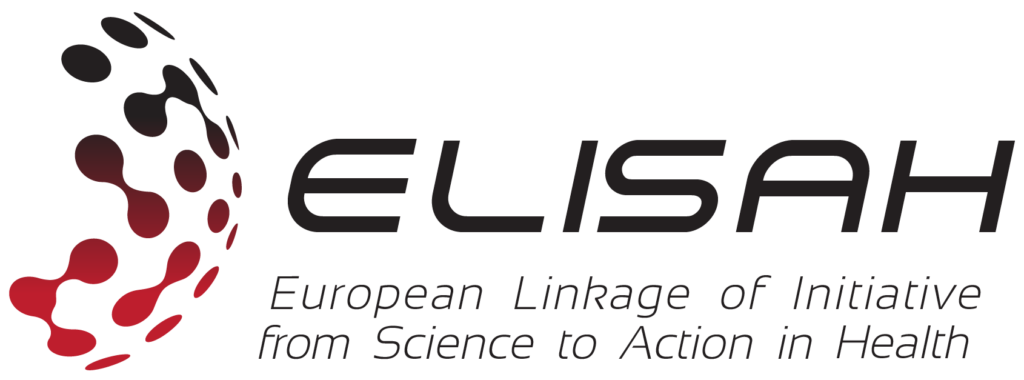
Studies have shown that the risk for breast cancer is due to a combination of factors. However, there is a gap between the vast number of published results and knowledge about the distribution of risk factors in the population. This project therefore aims to translate scientific evidence into population health improvement. The project will focus on health inequalities , and actions will address both: lifestyle, considered at an individual and social level, and the environment, including both environmental pollution and the built-in environment. This includes tobacco use and vaping devices, physical inactivity, unhealthy diet, overweight and obesity, alcohol-related harm, the risks associated with breast implants, atmospheric pollution, and built environment elements such as green spaces and bicycle lanes.
There will be a special focus on measures aimed at reducing health inequalities in the following vulnerable groups : refugees from Ukraine, Ukraine people living under war conditions, and people living in disadvantaged neighbourhoods and areas.
The workpackages
Project management and coordination
Breast cancer impact, risk factors and prevention in European countries
High resolution studies on the prevalence of risk factors in breast cancer patients
Holistic intervention to society
Action to reduce health inequalities
Urban environment and breast cancer risk
Dissemination and Evaluation
The consortium
ELISAH brings together a consortium of 11 organisations from 4 countries, including cancer research centres, research infrastructures, universities, leading research groups, hospitals, Non-profit organisation of social utility and analytics institutions.
Participating nations include Italy, Greece, Spain, Ukraine, with Fondazione IRCCS Istituto Nazionale dei Tumori (Milan, Italy), taking the lead as the project coordinator

